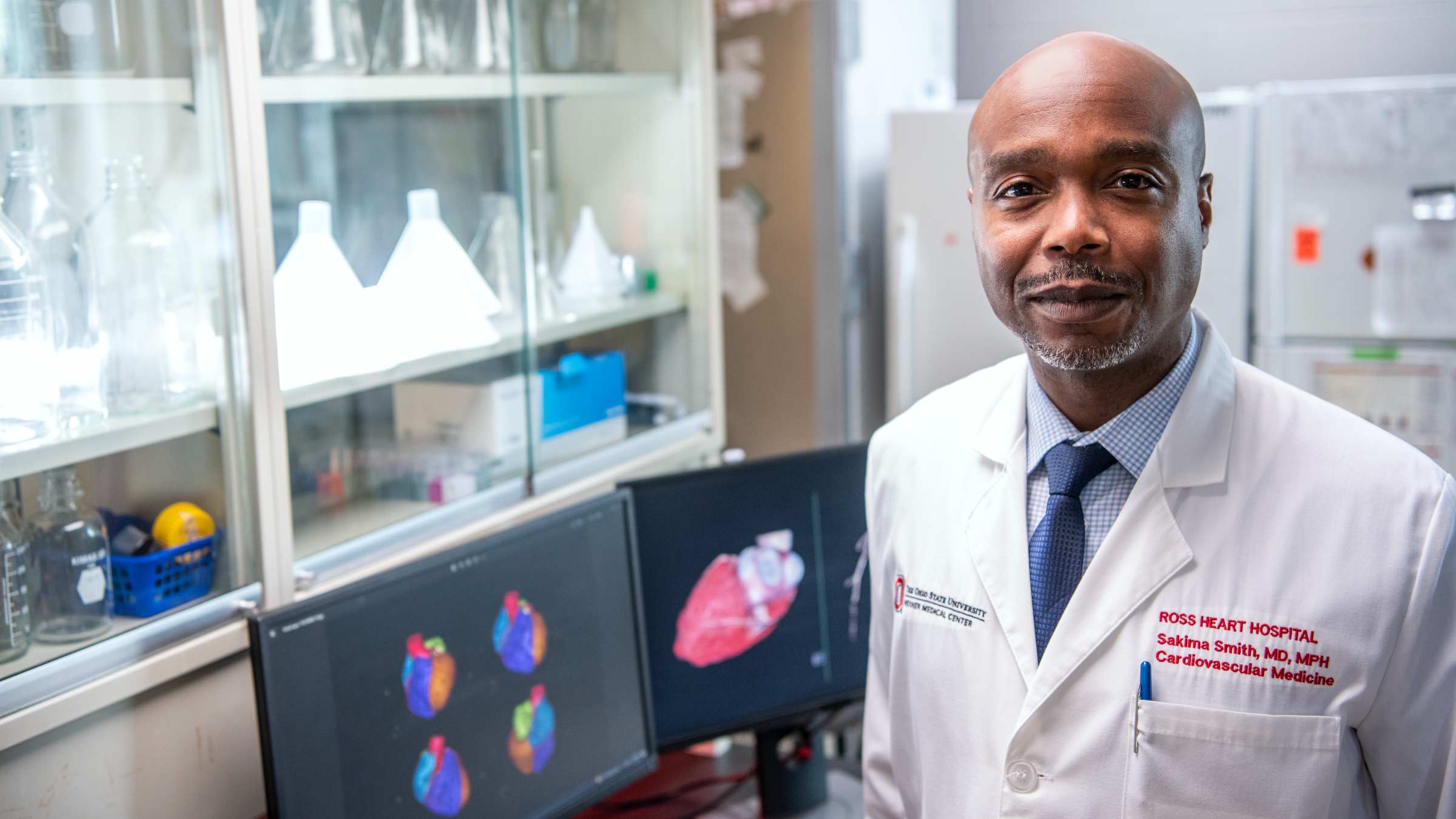Health Talks: What does it mean to have heart failure?
In this Health Talks segment, transplant cardiologist Sakima Smith, MD, answers questions about heart failure symptoms, treatment, causes and how it differs from heart attack and cardiac arrest.
About six million American adults have heart failure, which happens when the heart is unable to pump blood efficiently to meet the daily needs of the body.
What are the symptoms of heart failure?
Some symptoms of heart failure are subtle, and some aren’t. These include shortness of breath, fatigue, swelling of your legs and feet, chest pain, cloudy thoughts and weight gain.
What are the treatments for heart failure?
Treatment for heart failure might include medications that help a patient lose water weight, strengthen the heart and improve its function. There are some patients who, despite our best efforts, need more advanced therapies, such as heart transplantation.
What are the causes of heart failure, and can it be reversed?
Heart failure is complex and can be caused by genetics, environmental factors or toxins, other heart conditions like heart disease, or cancer treatments. Thankfully, heart failure can be reversed through a good diet, exercise, taking medication and having regular follow-up care.
What are the differences among heart failure, heart attack and cardiac arrest?
- Cardiac arrest is when the heart stops beating. The electrical components of the heart have stopped working. The way your heart functions and squeezes has stopped working.
- Heart attack means that the heart is still working and beating, but one of the three main arteries that feed blood to the heart is blocked by a clot.
- Heart failure is a chronic condition when the heart is no longer able to meet the demands of the body. Your heart is still working but not efficiently. A patient may experience fatigue and shortness of breath when doing their normal activities like grocery shopping or getting out of their vehicle.
Watch this Health Talks in its entirety through the video at the top of this page.

Your heart is in the right place
Learn more about advances in care and treatment for patients at The Ohio State University Heart and Vascular Center
Expert care starts here







